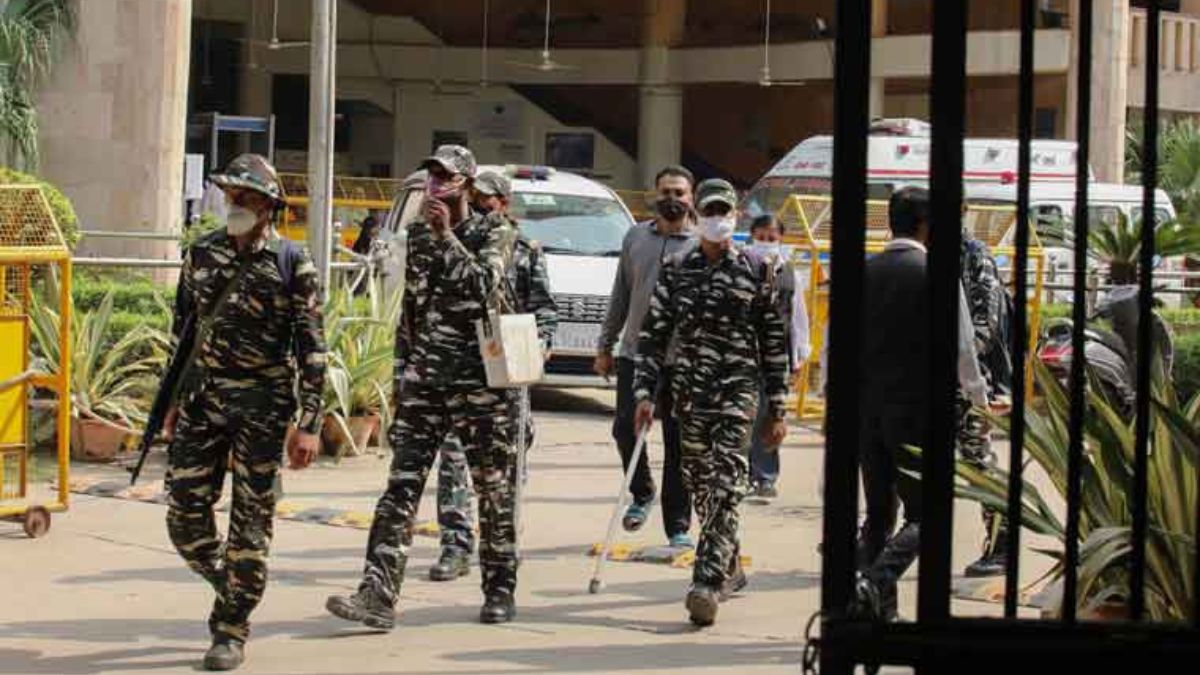Delhi's Rohini Court bans non-lawyers from wearing black and white attire to enhance security

Amid a spate of impersonation complaints and numerous security incidents, including at least three shooting episodes within the Rohini District Court complex in the past three years, the Rohini Court Bar Association (RCBA) has issued a stringent dress code directive.
In a notice dated July 15, the RCBA barred clerks, litigants, and members of the general public from wearing white shirts and black pants, a combination traditionally associated with advocates inside the court premises. The move aims to preserve the professional identity of lawyers and to tackle the growing menace of touts and imposters who often pose as legal professionals to mislead or defraud litigants.
“No clerk, litigant, or member of the general public is permitted to wear a white shirt and black pants during their visit to the court complex,” the notice stated, declaring the attire strictly reserved for advocates.
The bar body said the step was essential to maintain professional dignity and public trust in the legal process.
This fresh directive follows an earlier one mandating identity cards for clerks employed by lawyers, as concerns mounted over fraudulent practices. The RCBA cited repeated instances where touts, often dressed in lawyer-like attire, approached unsuspecting litigants, offering legal help for a fee while having no authority or legal training.
“It has come to the notice of the executive committee that a number of touts are falsely representing themselves as official advocates or clerks,” the earlier circular noted, citing complaints from both bar members and the public.
The bar association’s decision comes against the backdrop of heightened anxiety over courtroom security, particularly following high-profile shootings inside the court complex, including the 2021 gangland-style killing of gangster Jitender Gogi in broad daylight.
Recent minor scuffles and armed confrontations have been reported in and around the premises, pointing to persistent vulnerabilities despite repeated assurances of increased security by court administration and local law enforcement.
India